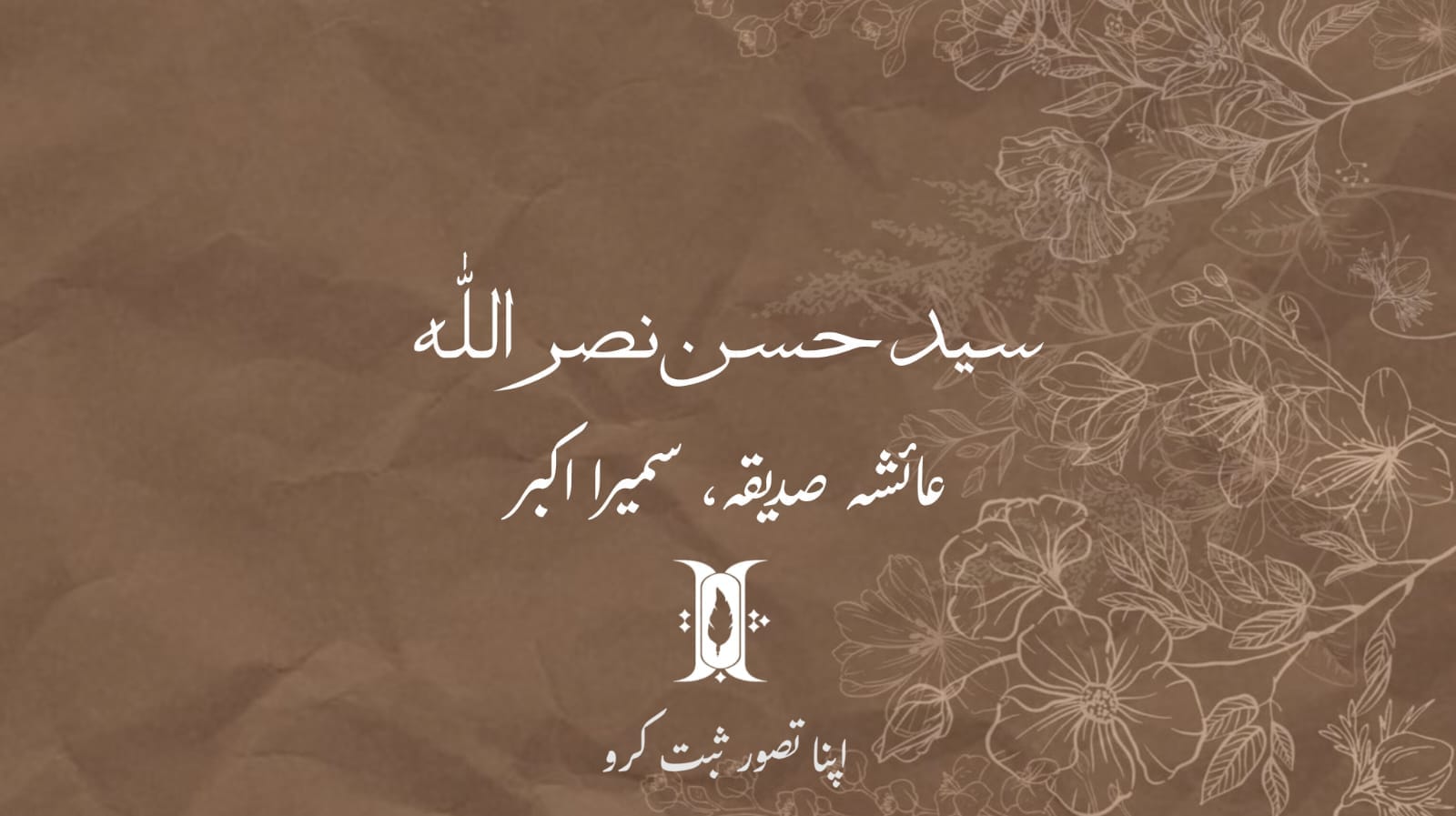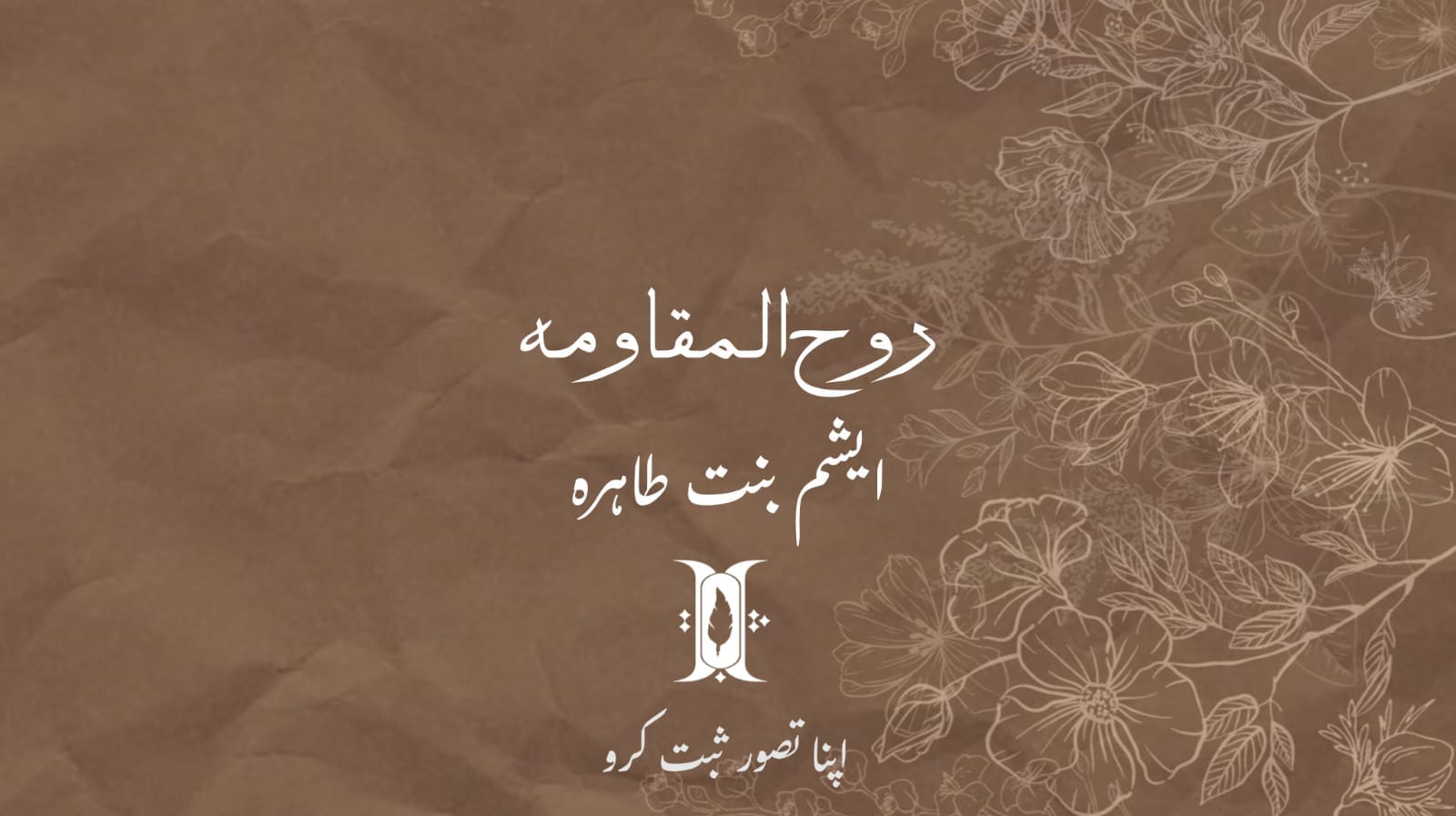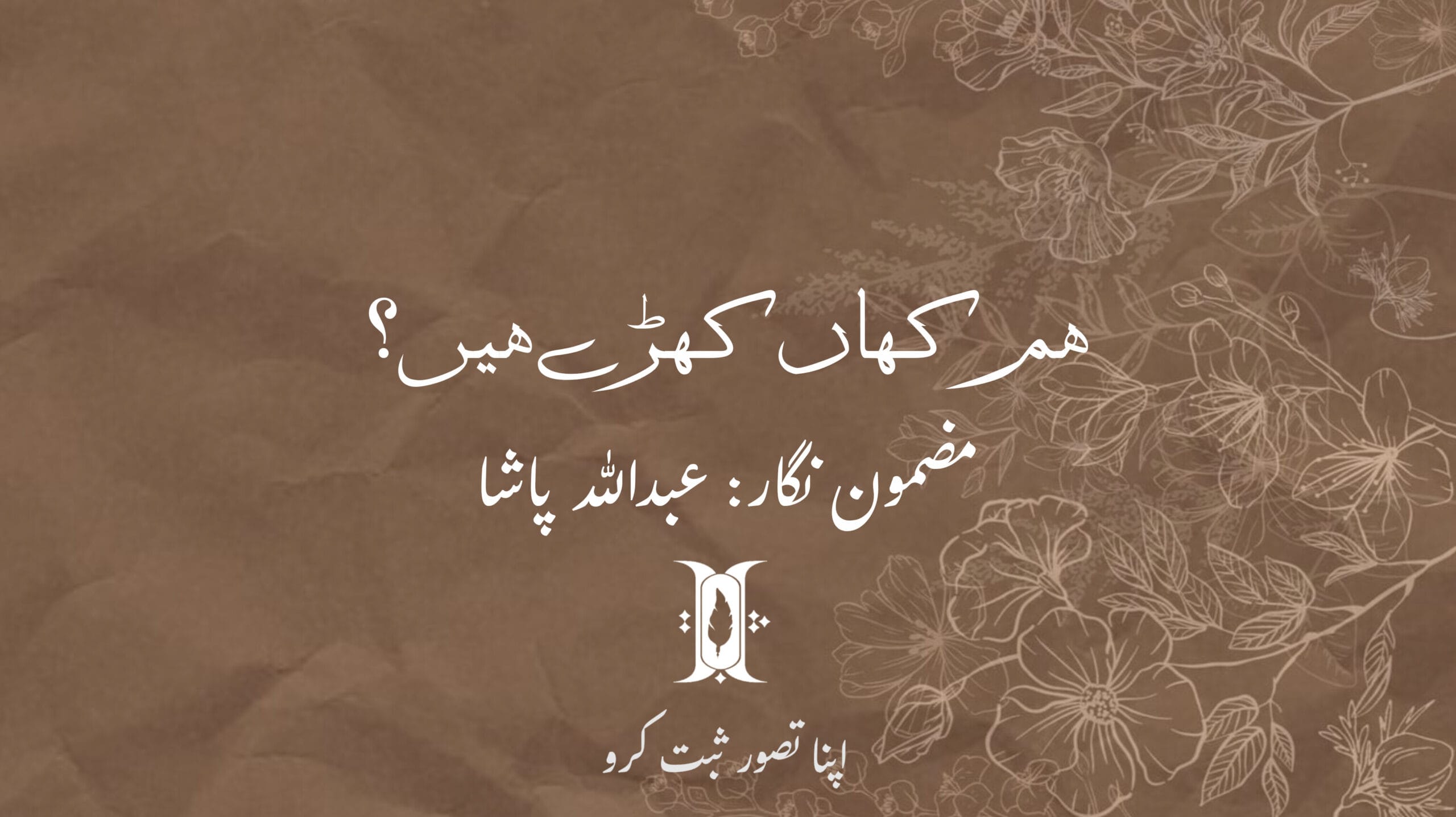Introduction:
Islam has a rich history of empowering women, offering them rights to education, ownership, and active participation in social, economic, and political spheres. The Qur’an and Hadith emphasize women’s dignity, equality, and leadership roles, promoting their full potential. By embracing these Islamic teachings, women are recognized as essential contributors to society, achieving empowerment through faith and practice.
Islamic Teachings on Women’s Rights and Equality:
Islam has long emphasized the inherent dignity and equality of women. The Qur’an teaches that men and women were created from the same soul (Qur’an 4:1), highlighting their equal moral and spiritual status. Women in Islam have the right to personal autonomy, education, and active participation in the workforce, making them full partners in both family and society.
The Right to Education: A Key to Empowerment for Women in Islam
Education is a fundamental right for both men and women in Islam. The Qur’an and Hadith stress the importance of seeking knowledge, making it obligatory for every Muslim to learn, regardless of gender. Women like Aisha (RA), the wife of the Prophet Muhammad (PBUH), demonstrated the transformative power of education, contributing significantly to Islamic jurisprudence and community leadership.
Islamic Economic Empowerment: Women’s Property and Financial Rights
One of Islam’s most significant contributions to women’s empowerment is the granting of economic independence. Women in Islam have the right to own property, inherit wealth, and engage in business activities. This principle was revolutionary in the 7th century and continues to provide women with the financial autonomy to contribute to society, support their families, and create economic stability.
Conclusion:
Islamic feminism seeks to reconcile gender equality with Islamic principles by challenging cultural practices that may misrepresent the faith. Many Muslim scholars argue that true Islamic teachings support gender equality, and that the oppression of women is a result of cultural and historical misinterpretations. By revisiting the authentic message of Islam, we can ensure that women’s rights are fully realized, both in the home and in the public sphere.
To Read More Articles Like This



